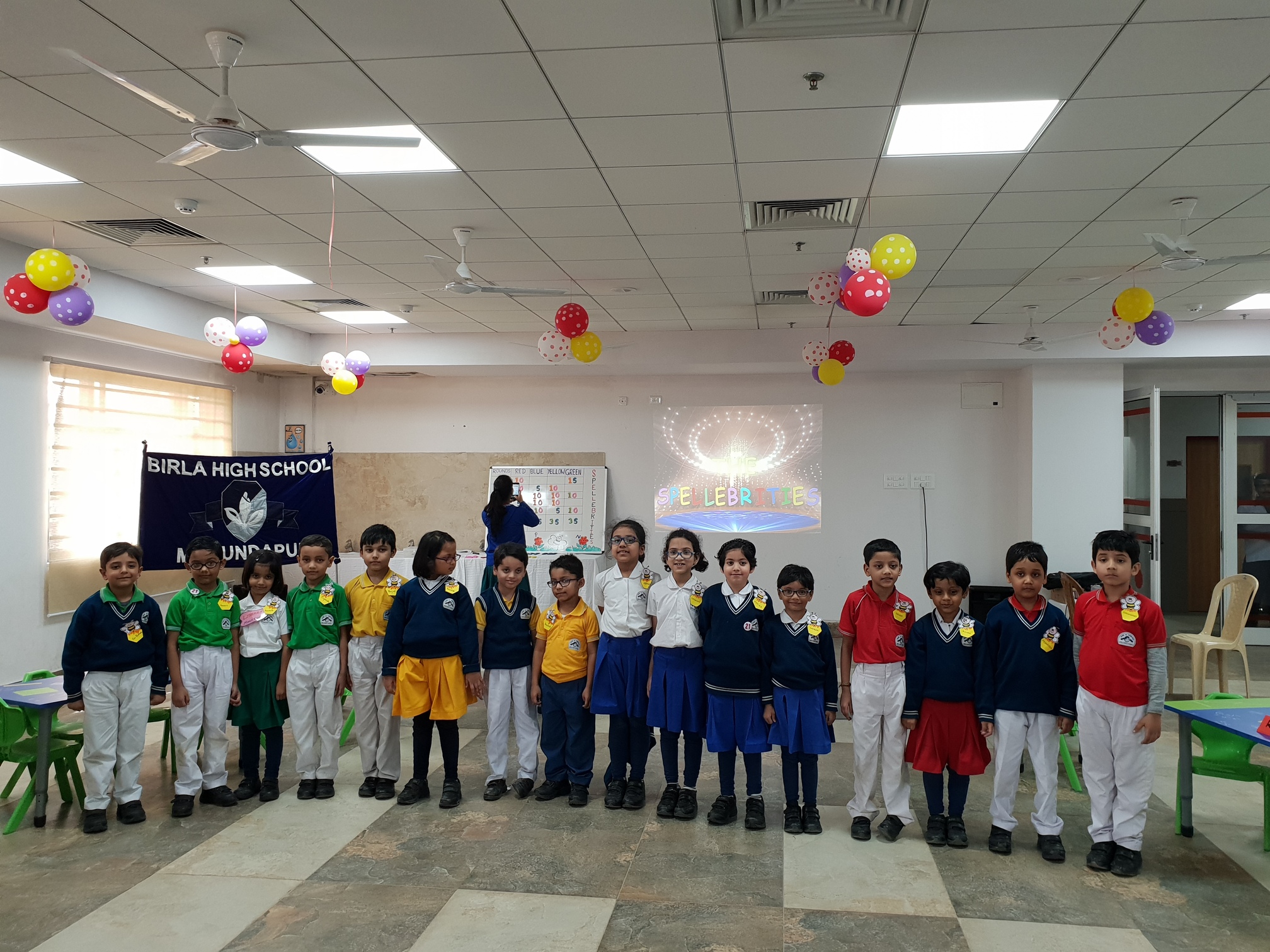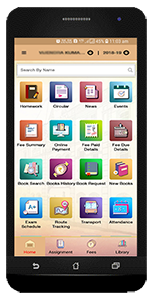The Wonder of Words: Developing Language Skills in Junior School
Fri 15 Nov 2024 Category : General | Posted By : admin

Language is the cornerstone of communication, expression, and learning. For junior school students, developing strong language skills is essential for academic success and personal growth. In this blog post, we'll highlight language and literacy activities that support reading, writing, and communication skills in junior school students. We'll also showcase storytelling, vocabulary-building games, and language arts lessons that ignite a love of language and learning.
Language and Literacy Activities
Storytelling: Encourage junior school students to become storytellers by creating and sharing their own narratives. Whether it's writing short stories, retelling folktales, or acting out plays, storytelling fosters creativity, imagination, and language development.
Reading Aloud: Reading aloud to junior school students is a powerful way to expose them to rich language and literature. Teachers and parents can read age-appropriate books and stories aloud, modelling fluency, expression, and comprehension skills.
Writing Workshops: Host writing workshops where junior school students can practise their writing skills in a supportive and collaborative environment. Provide prompts and writing exercises that inspire creativity and encourage students to express their thoughts and ideas through written language.
Language Games: Engage junior school students in language games and activities that make learning fun. From word scavenger hunts and crossword puzzles to word association games and rhyming challenges, there are endless opportunities to build vocabulary and reinforce language skills through play.
Storytelling, Vocabulary-Building Games, and Language Arts Lessons
Story Circle: Create a storytelling circle where junior school students take turns sharing stories, anecdotes, or personal experiences. This activity promotes active listening, oral communication skills, and confidence in speaking.
Word of the Day: Introduce a "Word of the Day" activity where students learn a new word each day and incorporate it into their conversations and writing. This vocabulary-building exercise expands students' language repertoire and enhances their communication skills.
Literature Circles: Form literature circles where small groups of junior school students read and discuss age-appropriate books together. Literature circles encourage critical thinking, comprehension, and collaboration as students analyse characters, plot, and themes.
Grammar Games: Make grammar fun with interactive games and exercises that reinforce language mechanics and conventions. From punctuation bingo to grammar jeopardy, these games provide engaging opportunities for junior school students to practise grammar skills in a playful way.
In conclusion, developing language skills is a fundamental aspect of junior school education that lays the foundation for academic achievement and lifelong learning. By highlighting language and literacy activities, storytelling, vocabulary-building games, and language arts lessons, we can inspire junior school students to become confident and proficient communicators who embrace the wonder of words and language.


